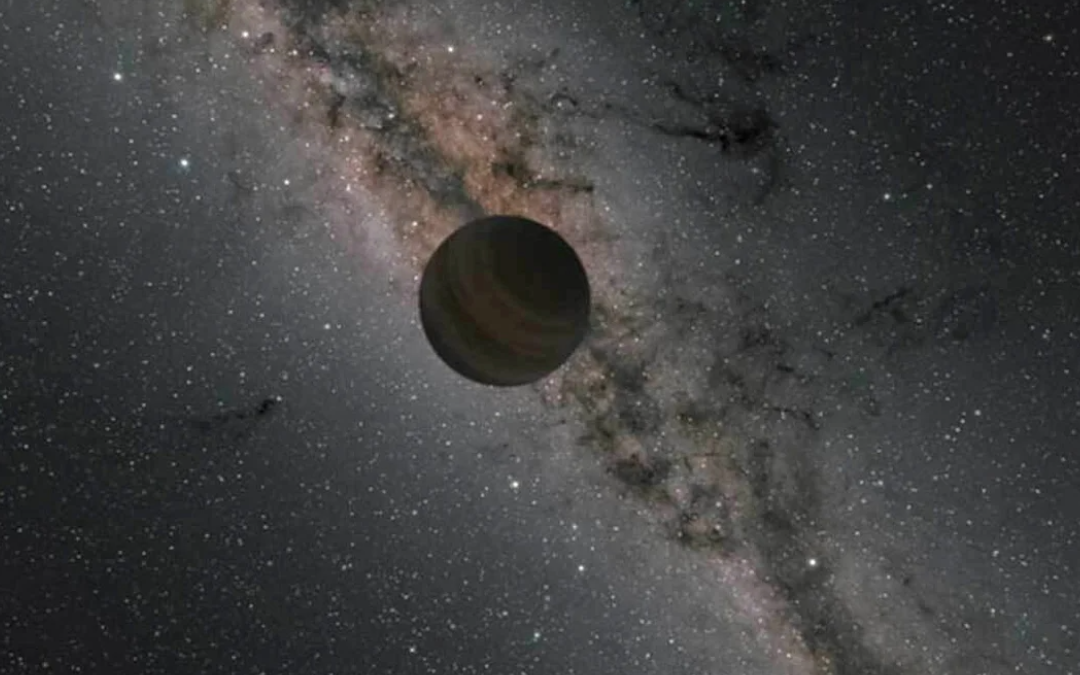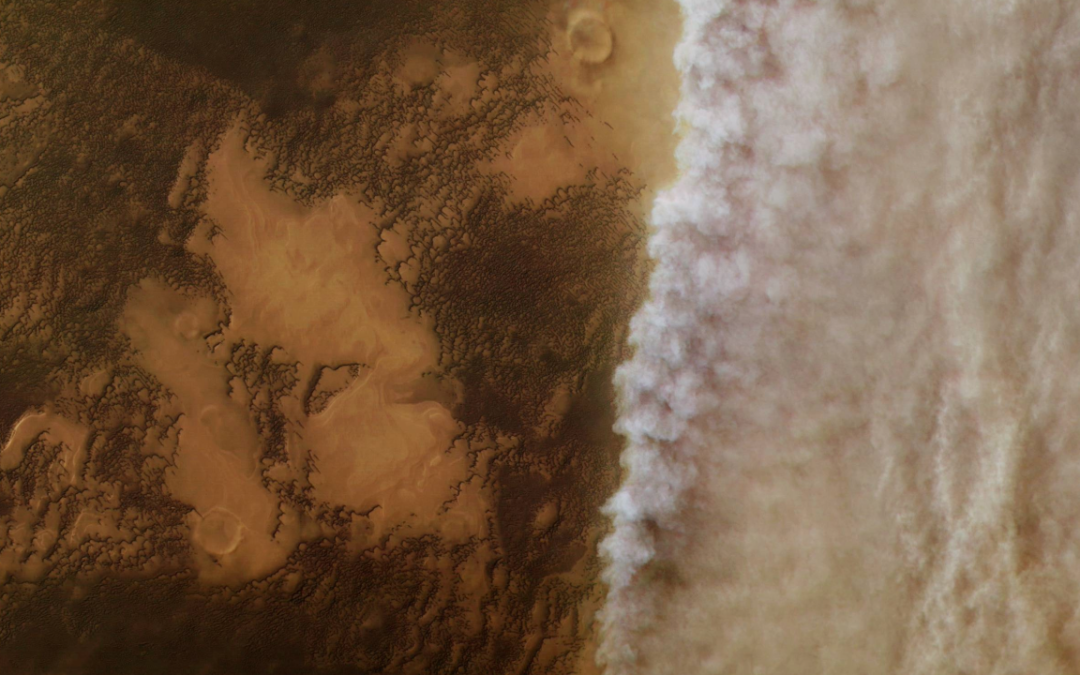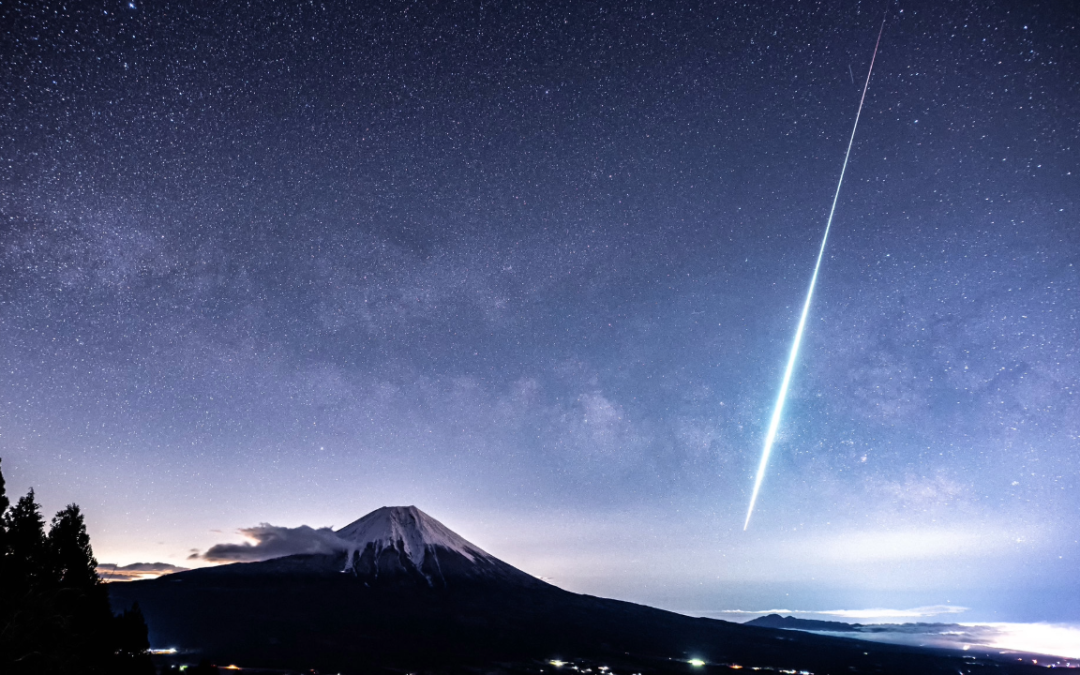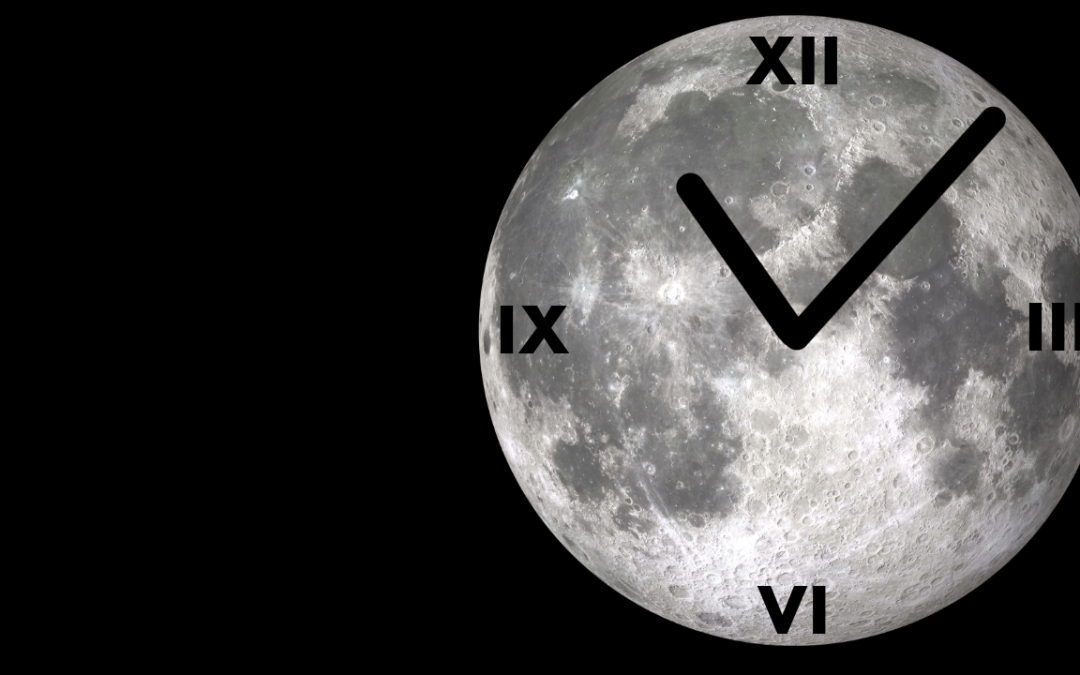Most planets orbit stars. That’s the rule, right? Sometimes planets just go rogue. Let’s learn about planets living free from stars.



Fraser Cain
Universe Today

Dr. Pamela Gay
CosmoQuest

Most planets orbit stars. That’s the rule, right? Sometimes planets just go rogue. Let’s learn about planets living free from stars.

What causes these storms and how do they work differently on the worlds in the solar system. But what about the exoplanets?

New asteroids are found every day, and every day we learn that those asteroids don’t have any murderous intentions. But how do we learn that?

What time is it on the Moon? The Moon orbits the Earth, so it doesn’t fall into a specific time zone. It’s time to introduce Lunar Time.
Recent Episodes
Let's look at the Euclid Space Telescope.. Show Notes The Euclid Mission Overview Mission Location and Challenges Science Goals of Euclid Spectrograph and Redshift Measurements Significance of Mapping Dark Matter and Dark Energy Preliminary Data Release Model...
Last week we talked about the Neil Gerhels Swift Telescope, this week we’ll be talking about the man behind the mission. Gerhels was the principle investigator behind many missions, including Swift. Show Notes Halloween and Elections Neil Gehrels Overview Career...
Let's look over the long life of the Neil Gehrels Swift Telescope as it watches for the multi-spectral flashes of high energy explosions. Show Notes Introduction to Swift & Its Purpose. Swift’s Rapid Response to GRBs. Swift’s Role in Expanding GRB...
Let's talk about that giant telescope that's changing everything. We have been waiting our entire careers to make this episode on the James Webb Space Telescope, AKA the JWST. This historic Observatory was launched just a couple of years ago and it's already...
In our last episode, we talked about the Parker Solar Probe. As always, we like to talk about the person who inspired the mission. What makes this amazing and different is that Eugene Parker was there to watch the launch of the mission that shares his name. Why is he...
The Sun. It’s that ongoing thermonuclear explosion that’s happening right over there. Although the Sun is necessary for life on Earth, we still have questions. So NASA has sent the Parker Solar Probe to visit the Sun, up close to get some questions answered. Show...
We’re back from our summer hiatus. Before we left, we gave you a bunch of stories we thought might be important. Now let’s look back and see how our predictions went. And what surprises did happen? Show Notes Evidence of vulcanism on the Moon China's Chang'e 6 mission...
Starliner S2.1 docking on May 20, 2022 (NASA) Prior to recording their exoplanets episode, Fraser and Pamela discussed their wild week of space flight news and discussed their concerns about the Starliner and StarShip programs. This is particularly timely as we...
In this bonus episode, we bring you behind the scenes audio from our June 10 pre-show discussion about the “far too much news” that occurred the week of June 3, 2024. Check out the original recording on YouTube here. This episode was sponsored by Mint Mobile.
Normally, Pamela refuses to think about the future. But today, on our final episode before hiatus, she’s throwing out those rules. Here’s what we’re excited about for the future, especially in the next couple of months until we return in September Recorded: 10 June...
It’s almost time for our summer hiatus. A time to catch up on all that reading. We’ll give you some book recommendations, and what we’re hoping to read during the summer. https://www.youtube.com/live/LFCW2nCw2-w?feature=shared Show Notes The following books were...
Astronomers have discovered thousands of exoplanets, revealing entirely new types of worlds that we don’t have in the Solar System. It is enough to start getting a rough sense of what kinds of planets are out there. What’s the big picture? Show Notes Our World in Data...
Here’s a familiar question: how’s the weather? We’re familiar with the weather on Earth and telescopes and missions are watching the weather on other planets in the Solar System. But for the first time in history, astronomers can now answer that question for...
Most of the exoplanets we’ve found are around stars, where they belong. But a few have been found free-floating in interstellar space. The evidence is growing that there are a lot of them out there, maybe even more than planets with stars. How do they form and how can...
Our galaxy series continues with elliptical galaxies. Unlike other types, these are large, smooth with very few distinguishing features. They’re filled with red and dead stars, a clue to their evolution. Listen Show Notes This episode discusses Elliptical Galaxies,...
Our galaxy series continues, on to spiral galaxies. In fact, you’re living in one right now, but telescopes show us the various shapes and sizes these galaxies come in. Thanks to JWST, we’re learning how these spirals got big, early on in the Universe....
It’s time to begin a new mini-series, where we’ll look at different classes of galaxies. Today, we’ll start with the dwarf galaxies, which flock around larger galaxies like the Milky Way. Are they the building blocks for modern structures?...
How old is that star? That planet? That nebula? Figuring out the ages of astronomical objects is surprisingly challenging. Fortunately, astronomers have developed a series of techniques they can use to work out the ages of stuff. https://youtube.com/live/MWA3OUyQQIQ...
Last week, we learned about the death of Peter Higgs, a physicist and discoverer of the particle that bears his name. The Large Hadron Collider was built to find and describe the particle. Today, we’ll look back at the life of Peter Higgs and his particle....
The next great eclipse is upon us, with viewers across North America witnessing the moon passing in front of the Sun. It’s an amazing experience, but also an opportunity to do science. Let’s talk about what we can learn from this momentous event....